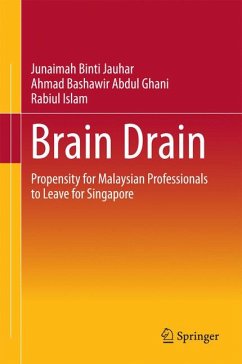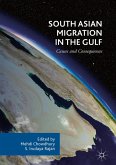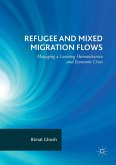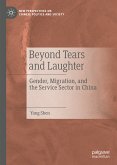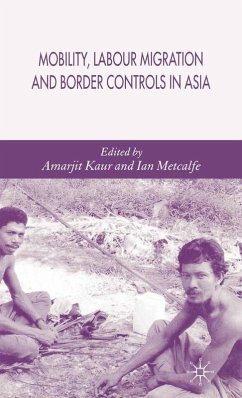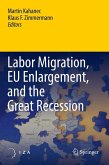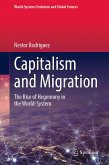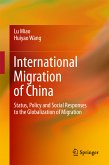This book focuses on skilled labour migration from Malaysia to Singapore. In this regard, it examines a number of variables such as Better Perks and Benefits, Quality of Work Life, Ease of Immigration Procedures, International Exposure, Greater Job Availability, and Social Networks, and how they influence the decisions of Malaysian accounting professionals.
In doing so, the book elaborates on how this phenomenon is an indirect result of globalization, which is predominantly detrimental for developing countries such as Malaysia.
The book also highlights the need for these experts in their home country, as Malaysia is currently striving to improve its economy in order to achieve high-income status by 2020.
Dieser Download kann aus rechtlichen Gründen nur mit Rechnungsadresse in A, B, BG, CY, CZ, D, DK, EW, E, FIN, F, GR, HR, H, IRL, I, LT, L, LR, M, NL, PL, P, R, S, SLO, SK ausgeliefert werden.
Es gelten unsere Allgemeinen Geschäftsbedingungen: www.buecher.de/agb
Impressum
www.buecher.de ist ein Internetauftritt der buecher.de internetstores GmbH
Geschäftsführung: Monica Sawhney | Roland Kölbl | Günter Hilger
Sitz der Gesellschaft: Batheyer Straße 115 - 117, 58099 Hagen
Postanschrift: Bürgermeister-Wegele-Str. 12, 86167 Augsburg
Amtsgericht Hagen HRB 13257
Steuernummer: 321/5800/1497
USt-IdNr: DE450055826
Bitte wählen Sie Ihr Anliegen aus.
Rechnungen
Retourenschein anfordern
Bestellstatus
Storno

